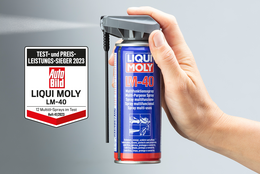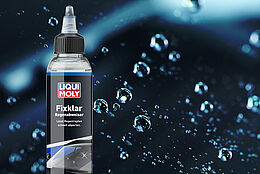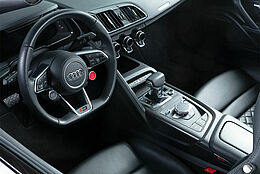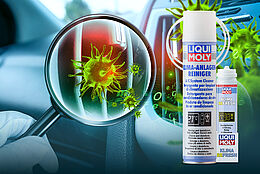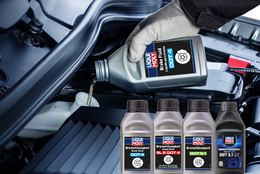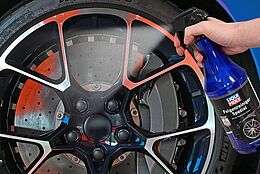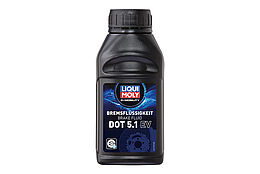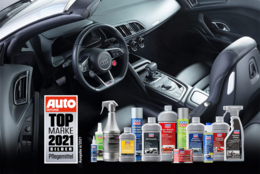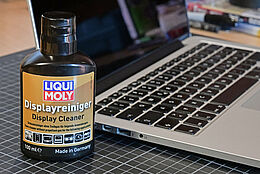- 7min
Functional reliability of your electric vehicle

Reliable brake system
The brake system of hybrid and electric vehicles must withstand significantly greater loads compared to conventional combustion engines.
On the one hand, this is due to the fact that the electric motor also acts as a brake, which in turn generates energy for the car’s battery, meaning that the mechanical brake system is used less frequently. This process is called “recuperation”. Due to the less frequent use of the brake, there are strong signs of corrosion on brake disks and pads, especially at certain points, which has a negative impact on the safety and function of the brake system. For this reason, you should have the brake system checked regularly for damage and functional reliability as part of a brake service. For electric vehicles in particular, good corrosion protection is essential.
On the other hand, the difference in weight of hybrid and electric vehicles compared to conventional combustion engines is a decisive factor. The battery required for the drive system adds quite a bit of weight to the e-car. The brakes are also under great strain, due to the significantly higher acceleration power. In an emergency, these must reliably bring a heavy weight to a standstill under extreme heat.
Fail-safe transmission
Vehicles with electric drive components still cannot do without gear oils. Here too, specific requirements are also placed on the lubricant. The transmission of an electric vehicle works largely without a gear shift and is only single-stage or two-stage. Due to the very high temperatures that can arise as a result during driving, the gear oil is subjected to high physical and thermal stress. Extremely high heat resistance and oxidation stability of the gear oil are therefore essential to guarantee long-term function of the transmission without damage.
Optimal power yield of the battery
In order to exploit the high performance level of hybrid and electric vehicles, it is important to ensure that temperature-sensitive components such as the electric motor and the power electronics are at a certain operating temperature. For the installed lithium-ion battery, this is between 15 °C and 40 °C. For optimum battery function, it must be possible to guarantee the very small temperature range in both warm and cold outdoor conditions.
Clean fuel system for hybrid vehicles
Modern hybrid vehicles are characterized by their extremely low fuel consumption. This is due to the fact that the combustion engine of a hybrid vehicle is only used as required and as support. The fuel remains in the tank a relatively long time.
What seems positive at first glance, however, also presents risks at second glance. This is because the very low fuel consumption inevitably leads to aging of the gasoline in the tank. And this results in corrosive acids that promote wear throughout the entire fuel system. Another negative effect is the formation of polymers. These thick, resinous deposits do not dissolve in the fuel, which can clog pumps, lines or injection nozzles.


